New medical research exposes hidden risks of supplements marketed as ‘natural’ and ‘safe’.
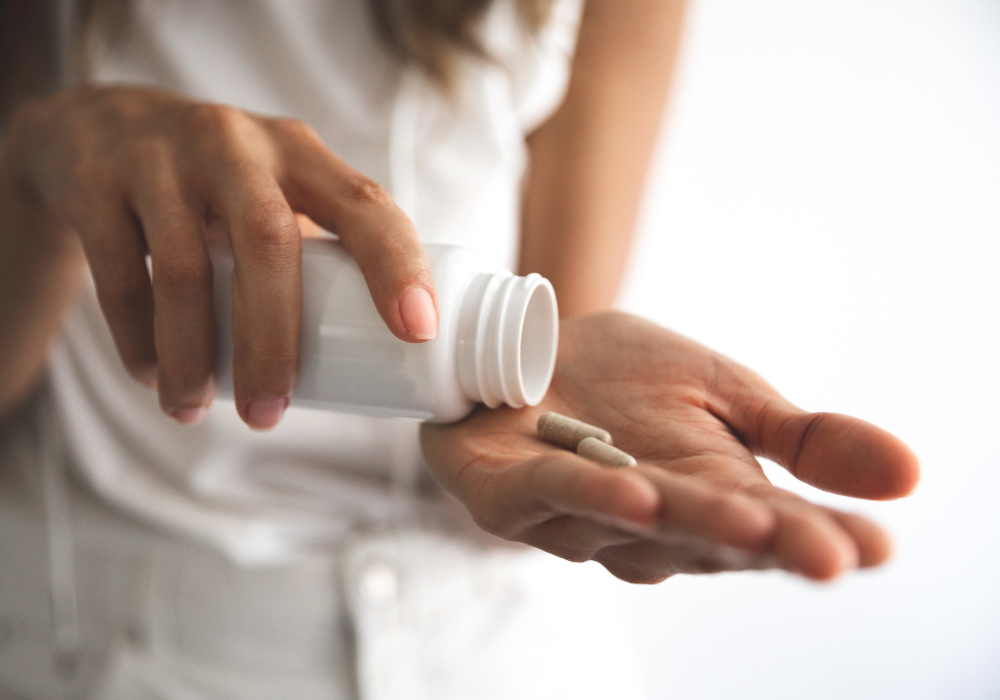
You’d never suspect that something labeled “natural” could quietly sabotage your health—but that’s exactly what some popular supplements are doing.
Doctors and researchers are increasingly sounding the alarm about pills that can lead to heart attacks, liver damage, and even death. According to data from the National Institutes of Health, liver injuries tied to dietary supplements have surged in recent years. Worse, many of these products are unregulated, misleadingly marketed, or taken in unsafe doses.
Before you reach for your next capsule or powder, you need to know what the risks are—and whether you’re playing Russian roulette with your health.
1. Red yeast rice can trigger muscle breakdown and heart damage
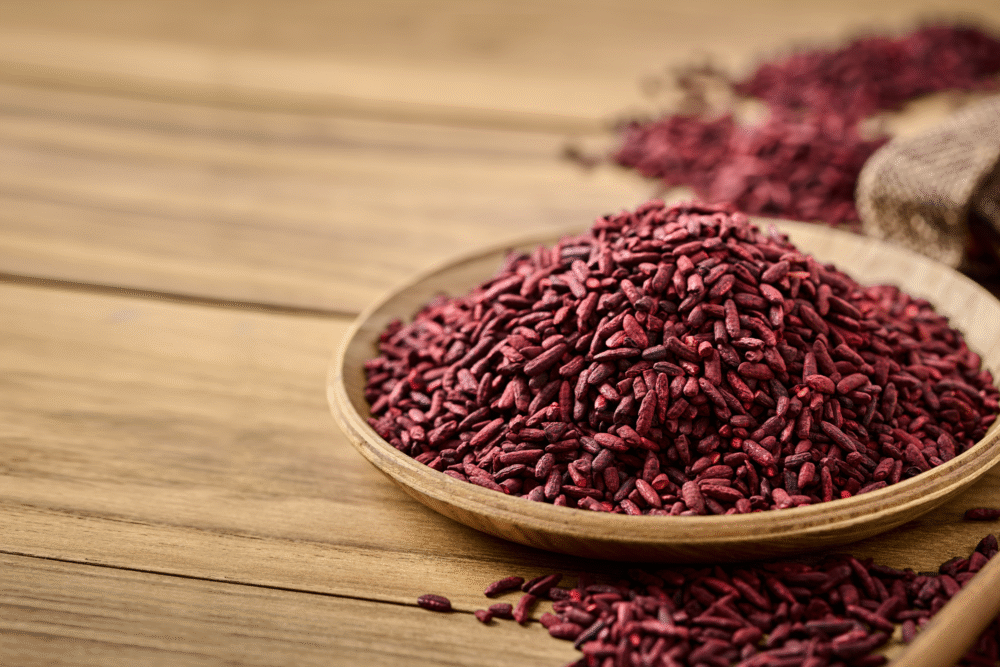
Often advertised as a natural cholesterol-lowering aid, red yeast rice contains monacolin K—the same active ingredient found in the prescription drug lovastatin. But unlike prescription medications, the dosage in supplements is unpredictable and unregulated.
This inconsistency can lead to overdosing, resulting in rhabdomyolysis, a condition where muscle tissue breaks down and releases toxins into the bloodstream. That can put dangerous stress on the kidneys and lead to irregular heart rhythms or even heart failure.
2. L-arginine may lower blood pressure too much in heart patients
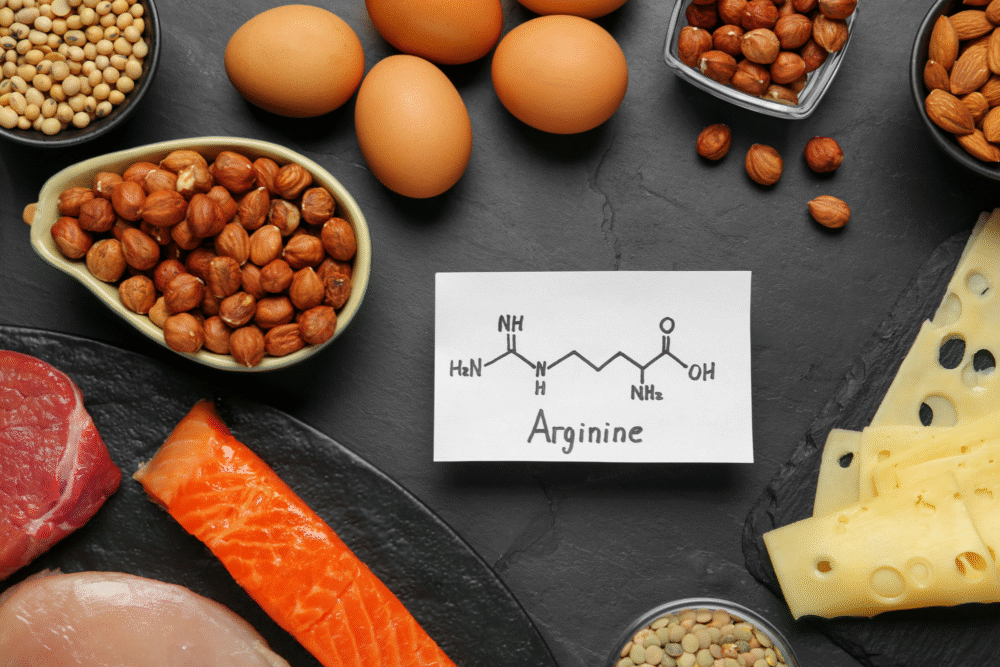
L-arginine, popular in fitness supplements for its role in improving blood flow and boosting nitric oxide, has a dark side for people with cardiovascular issues. A clinical trial involving heart attack survivors found that those taking L-arginine had a significantly higher risk of death.
The supplement can cause blood pressure to plummet too quickly, which may lead to fainting, internal bleeding, or cardiovascular collapse. It’s often marketed as safe and even heart-healthy, but for those with coronary artery disease or a history of cardiac events, it may do more harm than good.
3. Too much niacin (vitamin B3) can increase stroke and heart attack risk

Niacin is often promoted for cholesterol control and energy, but in high doses, it becomes a double-edged sword. Large clinical studies have linked excessive niacin intake to higher rates of heart attacks, strokes, and inflammation of blood vessels.
While the body needs small amounts of this vitamin, megadoses, often found in “flush-free” niacin or cholesterol-lowering blends can be toxic. Some users also report liver enzyme elevation, nausea, and skin flushing. Many people assume that water-soluble vitamins can’t hurt you in excess, but niacin proves otherwise.
4. Green tea extract in supplements can lead to severe liver damage

Green tea in a teacup is harmless, even beneficial—but when concentrated into a supplement, it becomes a different story. Green tea extract (GTE), especially in weight-loss pills and “detox” blends, has been linked to acute liver injury and, in some cases, liver failure. Unlike drinking tea, concentrated GTE delivers large doses of catechins like EGCG, which can be toxic to the liver in susceptible individuals.
What makes it more dangerous is how commonly it’s blended into multi-ingredient nutritional supplements without consumers realizing. If you’re popping pills for metabolism or fat loss, check for green tea extract and proceed with caution.
5. Herbal supplements like kava, black cohosh, and turmeric aren’t always safe
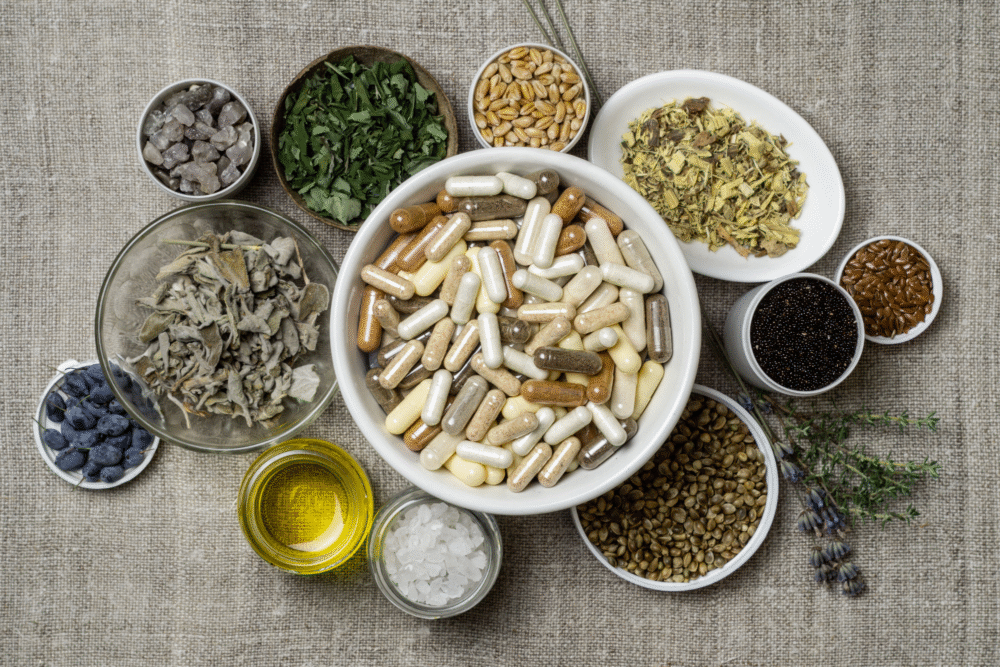
Herbs like turmeric, ashwagandha, kava, and black cohosh are often seen as gentle and natural alternatives to pharmaceuticals, but many come with hidden dangers. Kava has been associated with severe liver toxicity, while black cohosh has been implicated in hepatitis-like symptoms in some users.
Even turmeric, widely touted for its anti-inflammatory benefits, may interfere with bile flow and liver enzymes when taken in high doses or long-term. The lack of regulation means that purity and dosage can vary significantly between products.
6. Garcinia cambogia and Hydroxycut have been tied to liver failure

These two weight-loss supplements have something in common: a history of serious liver-related side effects. Garcinia cambogia, which contains hydroxycitric acid, is believed to help suppress appetite, but it has also been linked to cases of acute liver injury.
Hydroxycut, a once-popular fat burner, was recalled in 2009 after several reports of liver toxicity and even liver transplants.
While newer versions have returned to the market, many still contain proprietary blends that may include harmful ingredients. Weight loss supplements often sound too good to be true, and in these cases, they were.
7. Multi-ingredient nutritional supplements (MINS) carry hidden risks

MINS are wildly popular because they promise total health in a single scoop or capsule, but they also carry a higher chance of side effects. These blends combine vitamins, herbs, amino acids, and extracts, sometimes 30 or more, in one serving.
That cocktail effect makes it difficult to track down which ingredient is causing problems when users report liver damage, allergic reactions, or heart issues. Even more concerning, many MINS aren’t thoroughly tested for safety in long-term use or high-dose scenarios.
8. Anabolic steroid supplements are a hidden threat to your liver
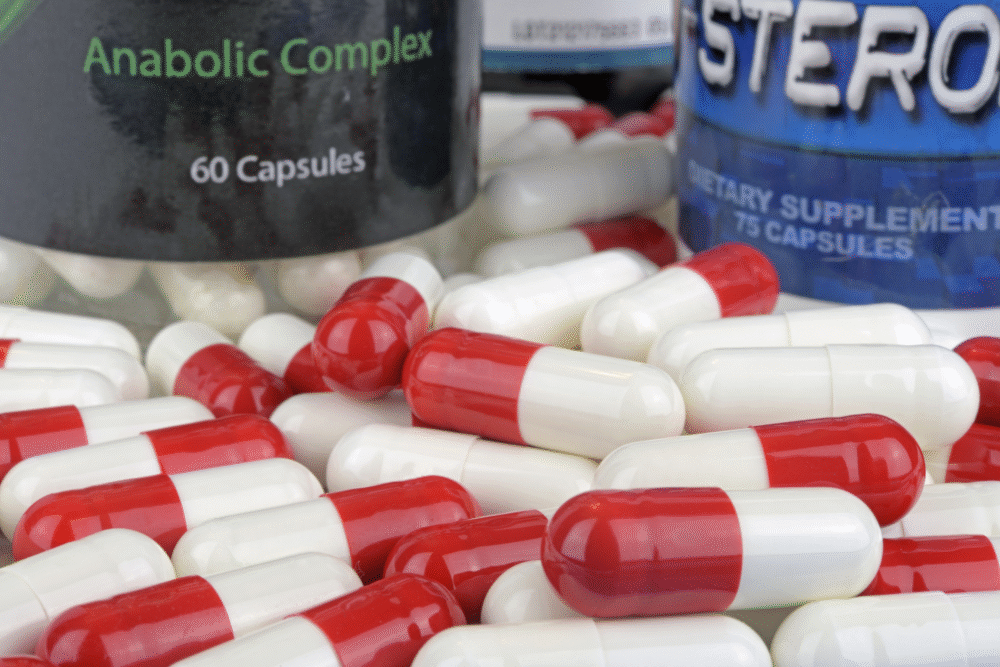
Some muscle-building supplements illegally contain anabolic steroids or steroid-like compounds not listed on the label. These substances can cause rapid muscle gain but come with serious consequences for liver health. Users have reported cholestatic hepatitis, a condition where bile flow from the liver is blocked, along with liver enzyme spikes and irreversible liver damage.
Because some products are sold as “natural anabolics,” buyers may not realize they’re ingesting something that acts like a hormone. Even a short course can do long-term harm. If a supplement promises extreme muscle gains or fat loss in days, it may be doing silent damage.
9. OxyElite Pro has been linked to liver failure and even death

OxyElite Pro gained a massive following for its weight-loss and performance-boosting claims, but it became infamous after being tied to a wave of liver injury cases, including at least one death. In 2013, the FDA warned consumers after dozens of users developed hepatitis-like symptoms, and several required liver transplants.
Although the supplement was reformulated, many similar products still flood the market, often with undisclosed or untested ingredients. This case highlights how the supplement industry can put consumers at serious risk due to lax regulation.
